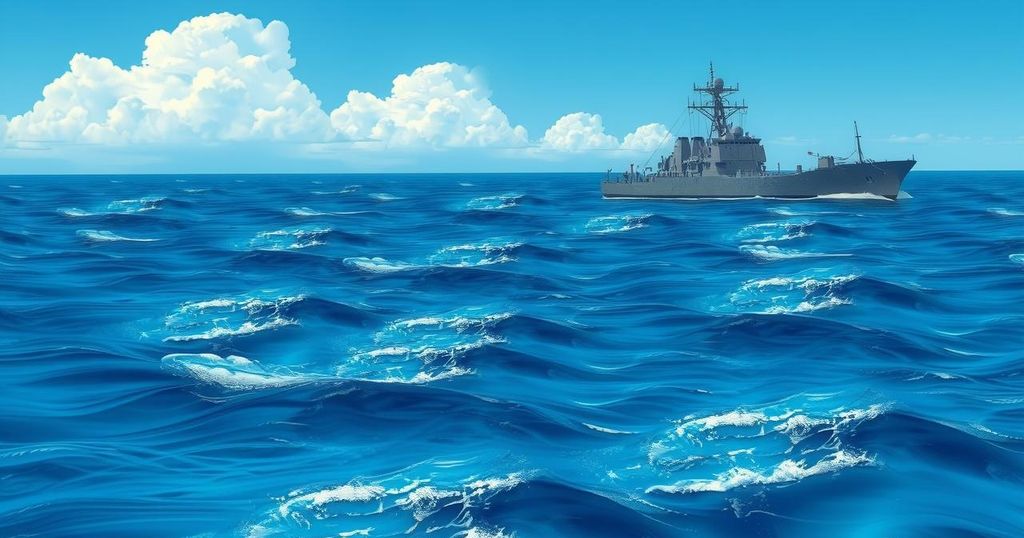UN Extends Authorisation to Inspect Vessels Suspected of Violating Libya Arms Embargo

The UN Security Council has extended its authorization for member states to inspect vessels suspected of violating Libya’s arms embargo for six more months. Adopted with 13 votes in favor, the resolution aims to strengthen enforcement of sanctions imposed on Libya since 2011. However, Russia and China abstained, expressing doubts about the operation’s effectiveness.
The United Nations Security Council recently extended the authorization for member states to inspect vessels suspected of violating the arms embargo on Libya. Through Resolution 2780, which was adopted on May 30, this mandate has been extended for an additional six months. It allows nations, either acting independently or via regional organizations, to inspect vessels sailing on the high seas bound to or from Libya if there are reasonable grounds for suspicion regarding the transport of arms or related materials.
This resolution, which was supported by 13 of the 15 voting members, tasks the UN Secretary-General with providing a report to the Security Council about the resolution’s implementation within a five-month timeframe. However, both Russia and China abstained from the vote, expressing concerns about the efficiency of the European Union’s IRINI operation, the only regional initiative currently authorized to conduct such inspections.
In their explanations, representatives from Russia and China raised issues regarding how intercepted materials are disposed of, indicating they lack confidence in the existing operational procedures. The arms embargo on Libya was originally imposed by the Security Council in 2011 amidst the country’s political upheaval that resulted in the fall of former leader Muammar Gaddafi.
Notably, the UNSC’s Libya Sanctions Committee holds the authority to designate specific vessels under the terms of the sanctions. This includes prohibiting transactions involving crude oil illegally exported from Libya aboard these vessels and supplying fuel and other essentials to designated ships. It is worth mentioning that Resolution 2292 was adopted in June 2016 to facilitate the inspection of vessels in light of the ongoing arms embargo.
In summary, the UN Security Council’s recent extension of the vessel inspection authorization seeks to strengthen the enforcement of the arms embargo on Libya. This action underscores ongoing international concerns regarding arms trafficking in the region, but it also highlights the challenges and differing views among member states about the effectiveness and process of such inspections.
Original Source: www.socialnews.xyz







